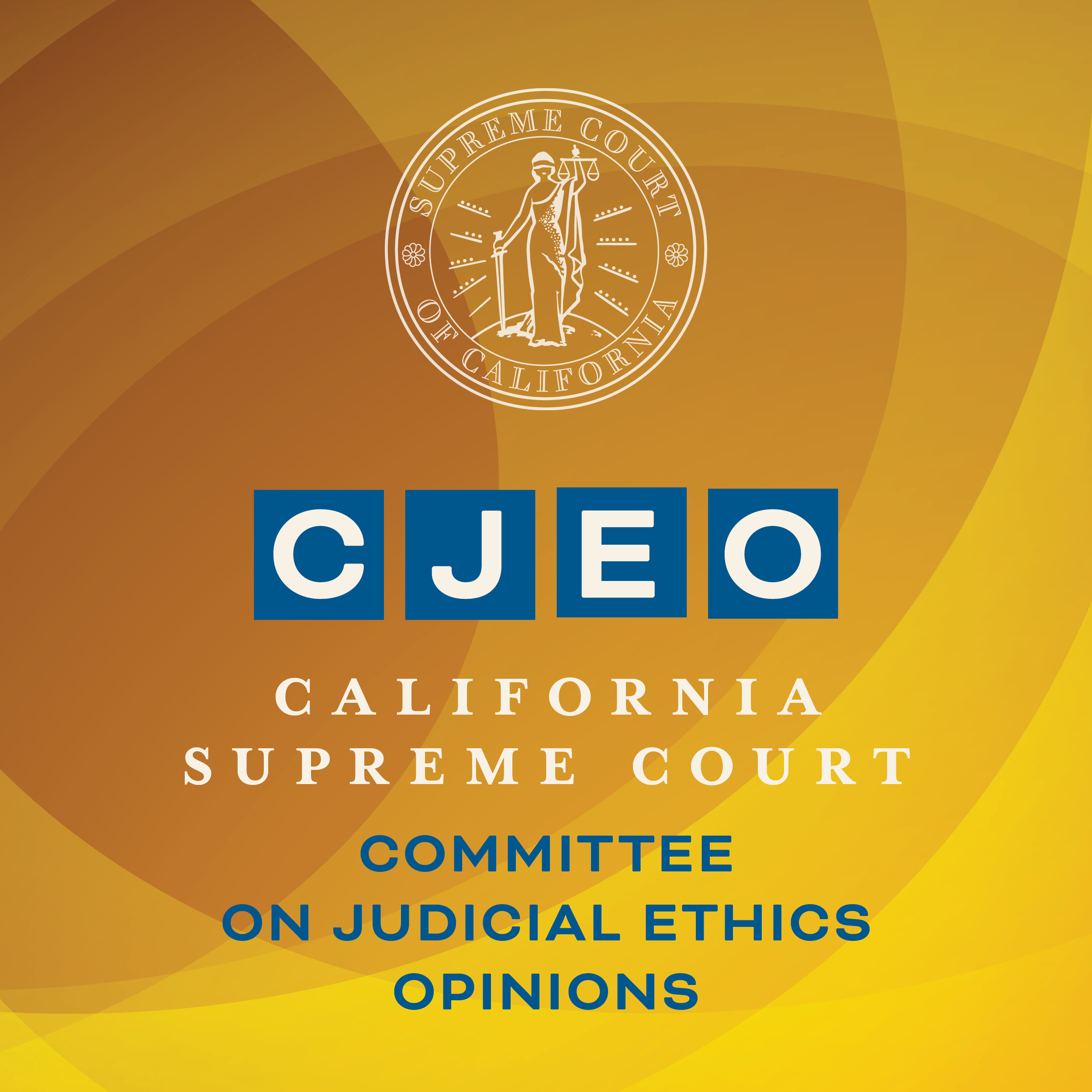Ethics Committee Adopts Opinion About Presiding Judge Communications
After considering public comments, the California Supreme Court Committee on Judicial Ethics Opinions (CJEO) has adopted a final opinion about factors presiding judges should consider when sending courtwide emails at the request of outside entities, such as other governmental agencies, private interest groups, or bar associations.
In CJEO Formal Opinion 2023-022, the committee advises that presiding judges have a duty to keep their courts informed of administrative and policy developments in the legal system. Presiding judges may send courtwide communications at the request of outside entities provided those communications do not undermine judicial impartiality, suggest special influence over the court, advance personal or pecuniary interests, contain prohibited political content, or relate to specific cases pending before the court.
Presiding judges are often asked to disseminate information of interest to judges and court staff. This opinion provides guidance to help presiding judges strike the right balance between keeping their courts informed and maintaining public confidence in the impartiality and independence of the judiciary,” said committee member Presiding Judge Samantha Jessner of Los Angeles County Superior Court.
The committee posted and invited public comment on a draft formal opinion in February. The committee adopted the final opinion after receiving and considering public comments, which may be viewed on the CJEO website.
About the Committee on Judicial Ethics Opinions (CJEO)
The Committee on Judicial Ethics Opinions is a 12-member advisory committee that includes appellate justices, trial court judges, two retired judges, and a commissioner. The committee is appointed and authorized by the California Supreme Court, but its work is independent of the court, the Judicial Council, and all other entities. Its opinions are advisory and do not necessarily reflect the views of the California Supreme Court or any other entity.
The committee issues formal, informal, and expedited advisory opinions on proper judicial conduct pursuant to the California Code of Judicial Ethics and other authorities. CJEO recently updated its website where it posts its advisory opinions, offers resources dedicated to specific judicial assignments and issues, and provides extensive judicial ethics tools and resource materials for the benefit of the bench and the public.


